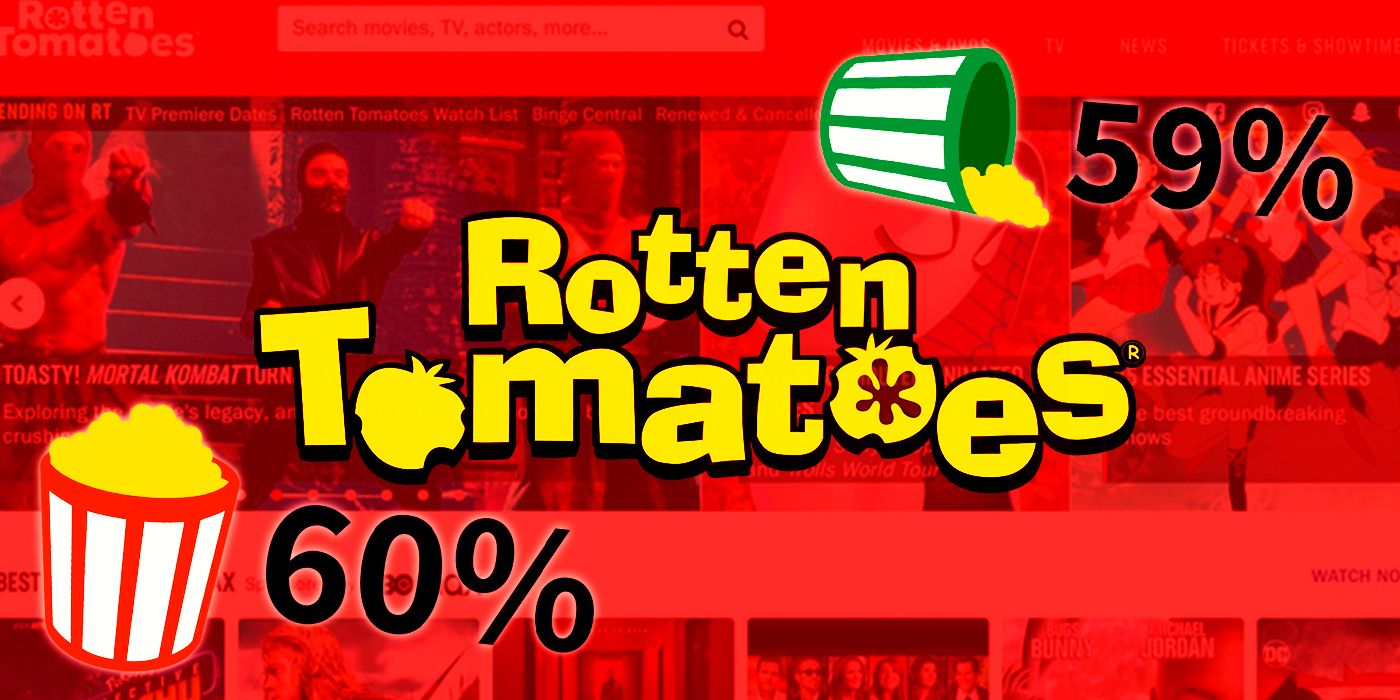Why should it matter whether a movie you love is critically acclaimed or widely bashed by critics and/or the general audience?
First off, let me say this: Reviews do play an important role in the industry. For moviegoers, this critical analysis can allow insight into totally different perspectives from people who have to take a close look at the entire film. It also allows moviegoers to determine which press people they trust and follow those reviewers for future analysis. For the people who worked hard to create the movie, reviews from critics and fans help determine if all of that work truly paid off, at least creatively speaking. Did reviewers successfully pick up on the things the cast and crew hoped to accomplish with the movie? Or maybe reviewers saw something else in it that the team never even noticed? For the marketing and PR people, reviews provide valuable promotional ammunition, like pull quotes and review scores.
Reviews aren't useless, so please, don't think the point of this article is to say "reviews don't matter." They do, and I think Rotten Tomatoes matters as well. The site isn't good or evil -- it's simply a review aggregator informing audiences whether most reviewers felt positively or negatively about a movie. It's a useful site to see how reviewers and the general audience are feeling about movies and TV shows, but when fans talk about these movies, why is so much stock often put in whether a movie is fresh or rotten? Why do so many people care about the percentage, and why do so many people overlook the average score -- shouldn't that be the more accurate read on a film's reception?
I'll start with a personal example. I absolutely love the 1990 Teenage Mutant Ninja Turtles movie. When fans of the franchise reflect on the movies, that's almost always viewed as the "best" film. I think it did a fantastic job blending the tones of the lighthearted 1987 cartoon with the darker and more violent original comics. I understand why some people may not like it, but for me, it's such a delight. It's universally loved by my fellow Ninja Turtles fans, but do you know what the score is on Rotten Tomatoes? It has 54 reviews, and the percentage is... a rotten 41%. The average score? A sad 5.4/10. Does this change how I feel about the movie? Shell no! I've taken the time to form my own opinion, but I do find reading these negative reviews an interesting experience.
An "us vs. them" mentality seems to be something we can't escape, and that seems to be a driving force behind fans seeming to care so much about scores. You see it in sports, politics, and comics, and with social media allowing us more access to other people than ever before, you're seeing it more and more with movies and TV shows. People can't resist arguing with strangers on the internet about the latest big releases, and you can bet the Rotten Tomatoes score is almost always playing a role in those (often way too heated) discussions.
If someone liked the movie, a positive score is undeniable proof that it's good, and anyone who disagrees is wrong! A rotten score is concrete evidence that a movie is bad, and anyone who likes it has terrible taste! This approach is just immature and unproductive. If seeing a fresh score for a movie you love excites you, that's wonderful! Shout it from the rooftops and celebrate the thing you love. However, if someone else didn't enjoy it, how is saying other people did like it honestly going to change their mind? More importantly, why does their opinion matter so much to you that you feel the need to change it?
A lot of people focus on the percentage, but one thing that's often overlooked is the average score. If 100% of collected reviews think the movie is just "pretty good," it's going to get a 100% score, giving the impression it's a masterpiece and something that needs to be seen. The average score, however, could just be a 7.5/10. So when people manage their expectations before seeing a movie based on the percentage alone, they're not getting a truly accurate take on how critics feel about the film. Shouldn't you be going into a movie with an open mind and ready to form your own opinion, though?
Relying on a percentage alone to form an opinion is also blatantly glossing over any and all context that the reviews themselves would provide, whether they're positive or negative. A negative review could still acknowledge what a film does well, and that strength could be the only thing you care about for the moviegoing experience. For example, the negative reviews of The Raid: Redemption -- one of the best modern action movies, in my opinion -- criticize the film's narrative. It's a totally fair criticism, but something that doesn't matter to me at all since the film goes above and beyond with its fight choreography, stunt work, and directing -- the very things that got me in the movie theater to begin with.
Friendly debate is cool. We're all passionate about these movies, and it's healthy to have fun and insightful conversations with other people, whether they agree or disagree with us. Constructive criticism is cool. It's always interesting reading, watching, or listening to a well-thought-out opinion on something you care about. Groupthink bullying over experiences that are ultimately subjective is not cool. Like what you like, dislike what you dislike. Just don't let a percentage on a website change how you feel about a movie or assume that it should change anyone else's opinion.

